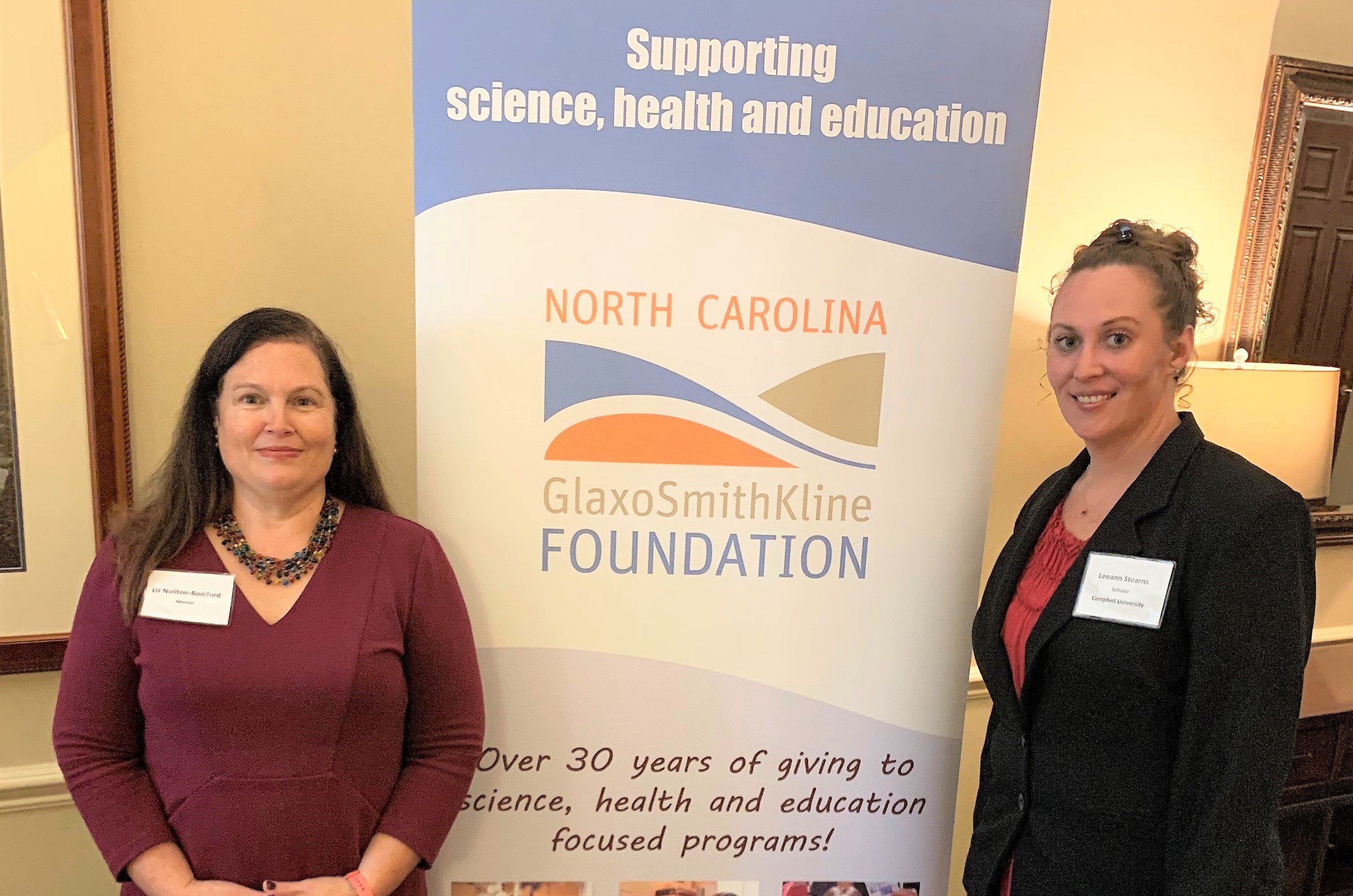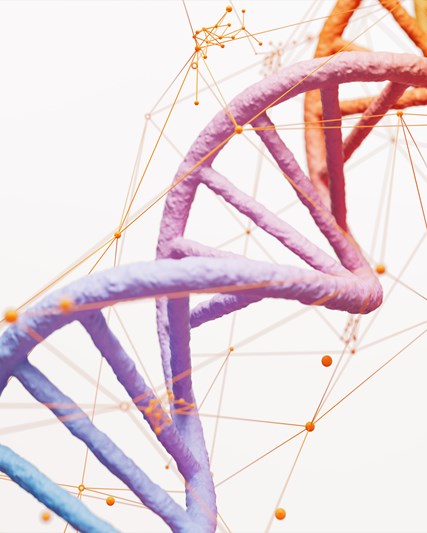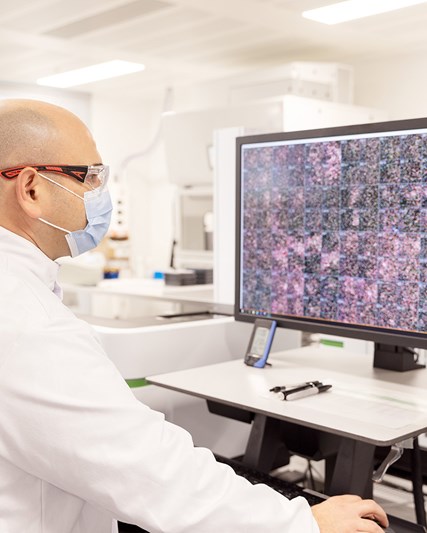The academic world has always been a comfortable space for Liz Nulton-Bodiford. She comes from several generations of teachers. The director of Safety Compliance at GSK holds a master’s degree in clinical research and is also an adjunct professor at Campbell University in North Carolina.
The sharing of knowledge comes naturally to her. Now she’s determined to fill a gap that happened in her own career.
“It would have been so helpful to have a mentor in college, someone to bounce ideas off of or who could answer questions,” said Nulton-Bodiford. “I didn’t have someone who could talk about the different types of jobs out there, where I should apply and whether graduate school was the right choice for me. But I can be that resource for someone else.”
Mentors are imbued with a desire to help, to make the path just a little easier for those who come after them. It should come as no surprise that Nulton-Bodiford has long been a mentor through the GSK Women in Science program, guiding college students through their academic careers and into the workplace.
When I started in this field, there were not a lot of women in Science, Technology, Engineering and Math. Having a group of women who are supportive of one another is critical to making inroads in the workplace. It’s also a way to model the type of behavior we want our mentees to embrace because eventually the student becomes the teacher.
For Dawn Wilson, it was 2017 when someone approached her about serving as a GSK mentor for an area college student. Working in medical information at the time, Wilson welcomed the chance to support women in a field where they are rare.
“I love giving back to women because there wasn’t that opportunity for me,” said Wilson, senior medical science liaison, Vaccines. “I’m a pharmacist by training and I was already speaking before groups of students before I started as an official mentor. Now I make sure to tell my mentees that my journey may not be exactly the same as yours but I have resources and experiences that may help you. I want to help them achieve and succeed.”
One aspect Wilson concentrates on is networking. Realizing they can build a support system of connections is critical for these students.
“Early in my career, I didn’t understand the importance of networking and frankly it’s a big ask of introverts,” Wilson said. “But we help them ease into all these new areas whether it’s how to work productively with your mentor, strategies for interviewing, what questions to ask or career areas to consider. It’s not always easy to get this type of information or perspective.”
Most mentors are motivated to action because of their solitary career journey. They carved out their own space because there weren’t people with similar challenges or lived experiences to help them. Now they want their mentees to know they are not alone and they have more choices than they realize.
Several of my mentees want to be physicians but maybe they’re also considering research or maybe they’re thinking about going into public health, I can be a sounding board and give them industry perspective. We help them navigate through the unknown even if it’s just to talk it out and go through all the options.
Wilson soon realized there was another opportunity to be had. If all the mentors and mentees in the Women in Science program could meet, they could share their experiences and learn from each other to generate an even more productive outcome.
She worked with the program leaders to create small group sessions where multiple pairs could engage in conversations about careers, the interview process and the importance of networking. Now twice a year the entire group gathers to build a stronger foundation as they move ahead together.
During National Mentoring Month, we recognize and celebrate all the mentors out there who generously give of their time and energy. Your influence is shaping lives in transformative ways.




